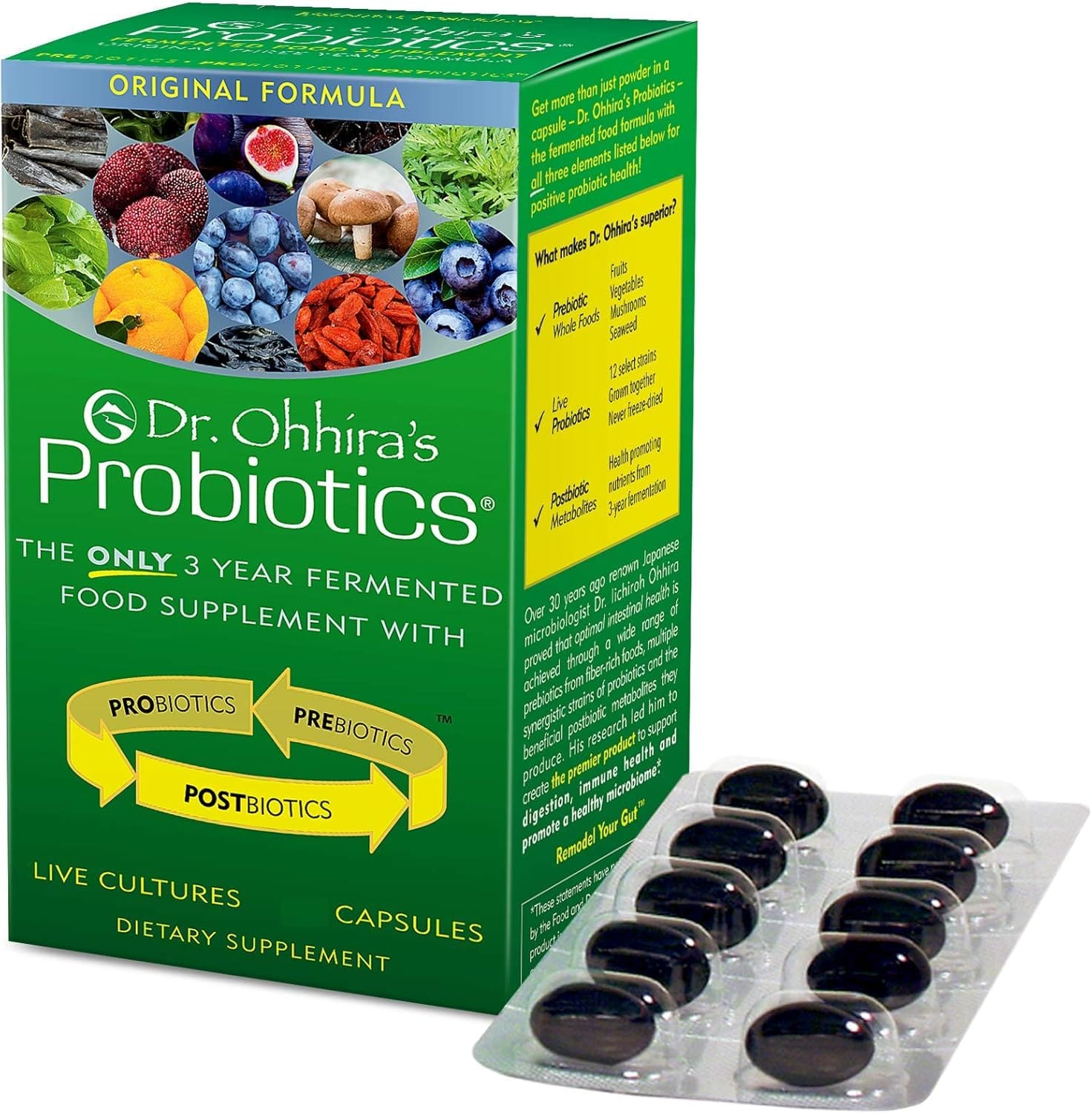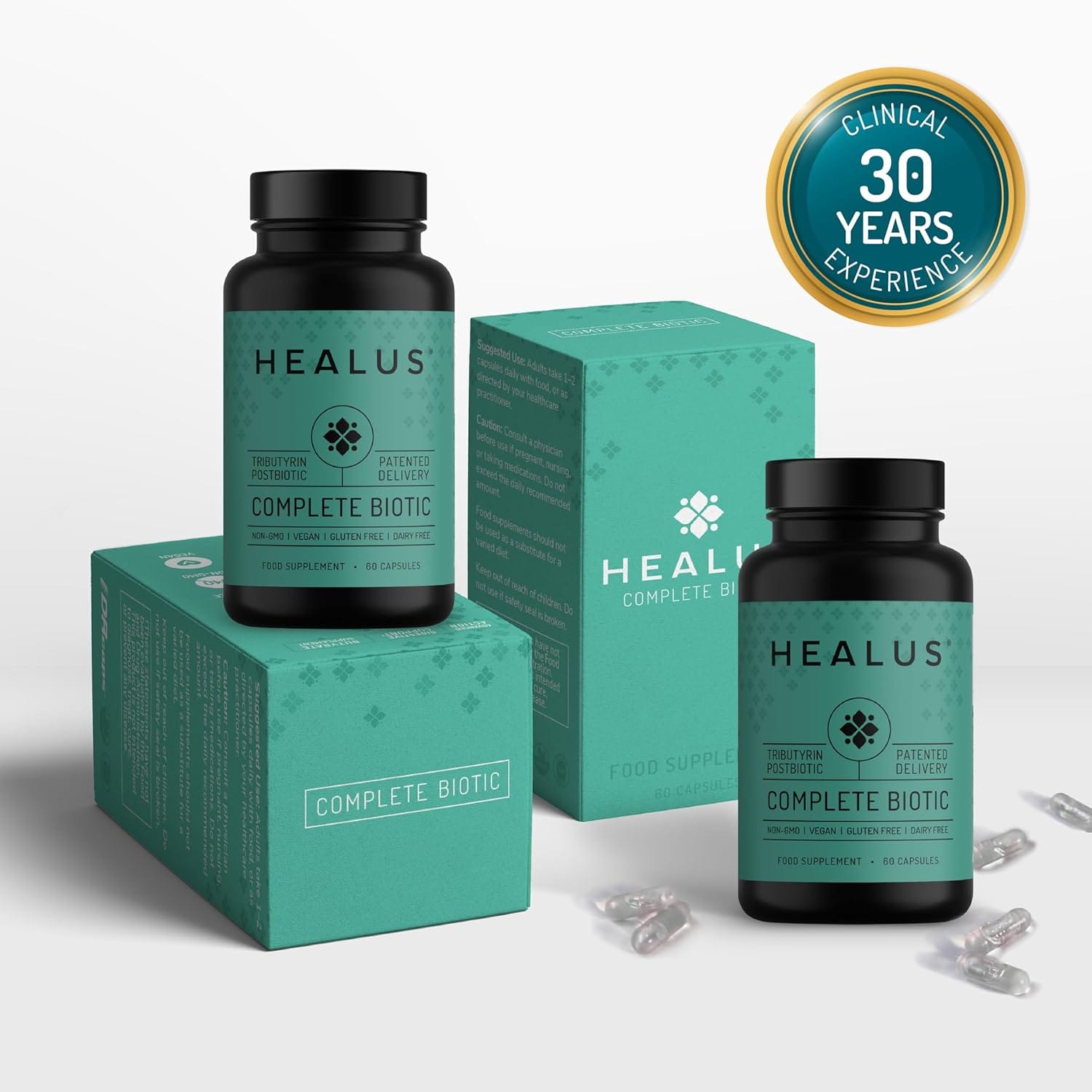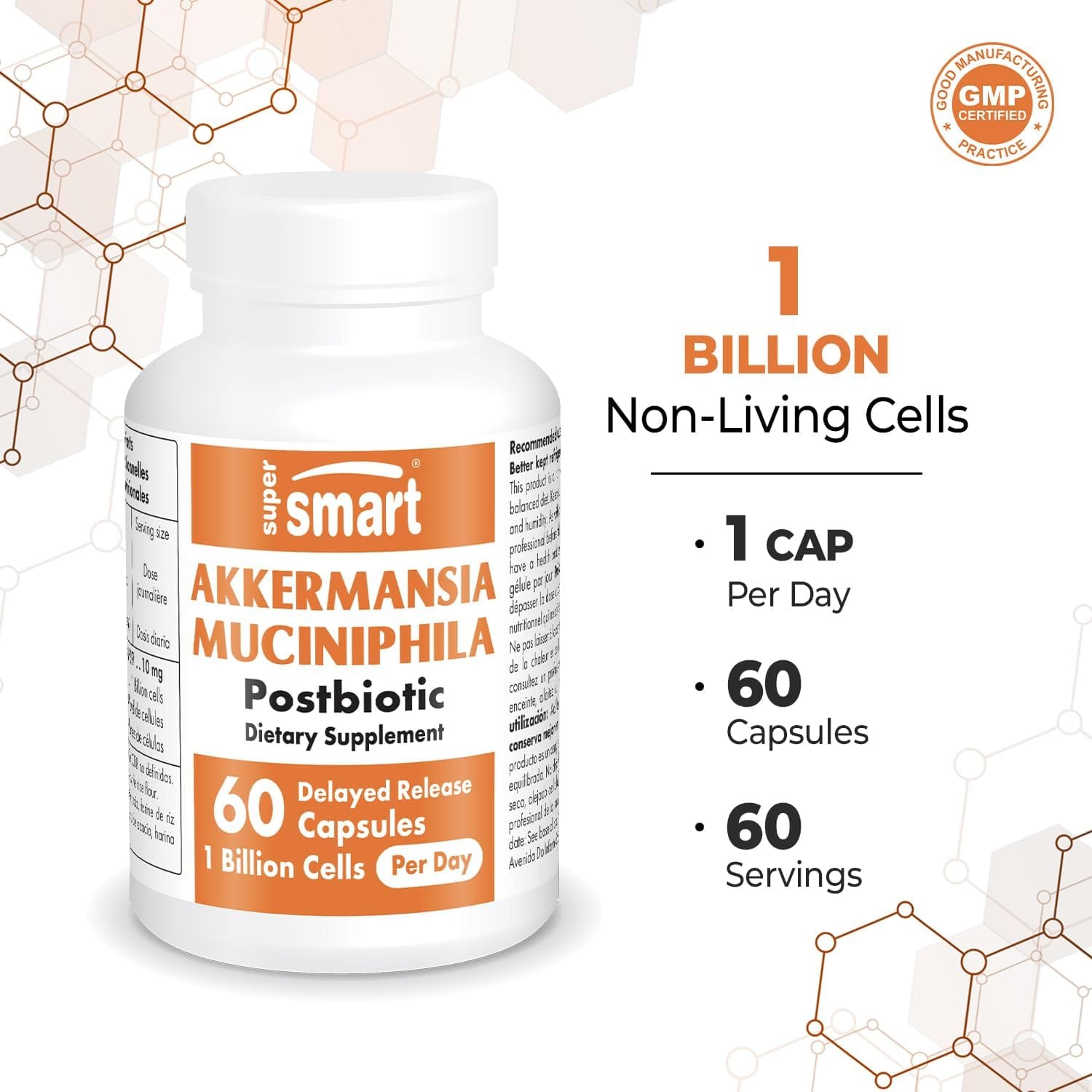Key Takeaways:
- Postbiotics are the byproducts of probiotic bacteria, offering numerous health benefits.
- You can source postbiotics from fermented foods, supplements, and certain beverages.
- Incorporating postbiotics into your diet can enhance gut health and overall well-being.
Understanding Postbiotics
Postbiotics are the metabolic byproducts of probiotics, the beneficial bacteria that reside in your gut. Unlike probiotics, which are live bacteria, postbiotics are non-living compounds that result from the fermentation process. These compounds include short-chain fatty acids, enzymes, peptides, and other bioactive substances that contribute to gut health.
The significance of postbiotics lies in their ability to support the gut barrier, modulate the immune system, and reduce inflammation. They are gaining attention for their potential to improve digestive health and overall wellness. As more research unfolds, the benefits of postbiotics continue to be recognized, making them a valuable addition to a balanced diet.
The Role of Postbiotics in Gut Health

Postbiotics play a crucial role in maintaining a healthy gut environment. They help strengthen the gut lining, preventing harmful pathogens from entering the bloodstream. This protective barrier is essential for maintaining a balanced gut microbiome and supporting immune function.
Moreover, postbiotics have anti-inflammatory properties that can alleviate symptoms of gastrointestinal disorders such as irritable bowel syndrome (IBS) and inflammatory bowel disease (IBD). By reducing inflammation, postbiotics contribute to a more harmonious gut environment, promoting better digestion and nutrient absorption.
Fermented Foods: A Natural Source of Postbiotics
Fermented foods are a rich source of postbiotics, thanks to the natural fermentation process they undergo. Foods like yogurt, kefir, sauerkraut, kimchi, and miso are teeming with beneficial compounds that can enhance gut health. These foods not only provide probiotics but also the postbiotics that result from fermentation.
Incorporating fermented foods into your diet is a delicious way to boost your intake of postbiotics. For instance, adding a serving of yogurt to your breakfast or enjoying a side of kimchi with dinner can introduce these beneficial compounds into your system, supporting your digestive health.
Postbiotic Supplements: A Convenient Option

For those who may not enjoy fermented foods or have dietary restrictions, postbiotic supplements offer a convenient alternative. These supplements are designed to deliver concentrated doses of postbiotics, ensuring you receive their health benefits without altering your diet significantly.
When choosing a postbiotic supplement, it's important to look for products that are backed by scientific research and contain high-quality ingredients. Consulting with a healthcare professional can also help you select a supplement that aligns with your health goals and dietary needs.
The Science Behind Postbiotics
The scientific community is increasingly interested in the potential health benefits of postbiotics. Studies have shown that these compounds can positively impact gut health by promoting the growth of beneficial bacteria and inhibiting the growth of harmful pathogens. This balance is crucial for maintaining a healthy gut microbiome.
Research also suggests that postbiotics can enhance immune function by stimulating the production of antibodies and other immune cells. This immune-boosting effect can help protect against infections and support overall health. As more studies are conducted, the understanding of postbiotics and their benefits continues to expand.
How to Incorporate Postbiotics into Your Diet

Incorporating postbiotics into your diet doesn't have to be complicated. Start by adding more fermented foods to your meals, such as a serving of yogurt or a spoonful of sauerkraut. These foods are not only rich in postbiotics but also add flavor and variety to your diet.
If you're considering postbiotic supplements, consult with a healthcare professional to determine the right dosage and product for your needs. Supplements can be a practical option for those with busy lifestyles or specific dietary preferences, ensuring you receive the benefits of postbiotics without major dietary changes.
The Benefits of Postbiotics for Digestive Health
Postbiotics offer numerous benefits for digestive health, including improved gut barrier function and reduced inflammation. By supporting the gut lining, postbiotics help prevent leaky gut syndrome, a condition where harmful substances leak into the bloodstream, causing inflammation and other health issues.
Additionally, postbiotics can alleviate symptoms of digestive disorders such as bloating, gas, and diarrhea. Their anti-inflammatory properties help soothe the gut, promoting a more comfortable and efficient digestive process. These benefits make postbiotics a valuable addition to any gut health regimen.
Postbiotics and Immune Support

The immune-boosting properties of postbiotics are another reason to include them in your diet. By enhancing the production of immune cells and antibodies, postbiotics help strengthen the body's defenses against infections and diseases. This immune support is particularly beneficial during cold and flu season or times of increased stress.
Incorporating postbiotics into your diet can also help reduce the severity and duration of illnesses. By supporting a healthy immune response, postbiotics contribute to overall well-being and resilience against common health challenges.
Postbiotics vs. Probiotics: What's the Difference?
While both postbiotics and probiotics offer health benefits, they differ in their composition and function. Probiotics are live bacteria that colonize the gut, whereas postbiotics are the non-living byproducts of these bacteria. Both play a role in maintaining gut health, but postbiotics offer additional benefits due to their bioactive compounds.
Postbiotics can be more stable than probiotics, as they do not require refrigeration and are less susceptible to degradation. This stability makes them an attractive option for those seeking to improve gut health without the challenges of maintaining live bacterial cultures.
The Future of Postbiotics in Health and Wellness

As research into postbiotics continues, their potential applications in health and wellness are expanding. Scientists are exploring their use in treating various health conditions, from digestive disorders to immune-related diseases. The versatility and stability of postbiotics make them a promising area of study for future health interventions.
The growing interest in postbiotics reflects a broader trend towards understanding the importance of gut health in overall well-being. As more people recognize the benefits of a healthy gut microbiome, postbiotics are likely to become a staple in health and wellness routines.
Practical Tips for Boosting Postbiotic Intake
To increase your postbiotic intake, start by incorporating more fermented foods into your diet. Experiment with different types of yogurt, kefir, and fermented vegetables to find flavors you enjoy. These foods are not only rich in postbiotics but also offer a variety of nutrients that support overall health.
If you're considering supplements, choose products that are well-researched and contain high-quality ingredients. Consulting with a healthcare professional can help you determine the best approach for your individual needs, ensuring you receive the maximum benefits from postbiotics.
Common Myths About Postbiotics

There are several misconceptions about postbiotics that can lead to confusion. One common myth is that postbiotics are the same as probiotics. While they are related, postbiotics are distinct compounds that offer unique health benefits. Understanding this difference is key to making informed decisions about your gut health.
Another myth is that postbiotics are only beneficial for digestive health. In reality, their benefits extend beyond the gut, supporting immune function, reducing inflammation, and promoting overall wellness. By debunking these myths, you can better appreciate the value of postbiotics in a balanced diet.
Exploring Postbiotic-Rich Foods
In addition to traditional fermented foods, there are other sources of postbiotics that can enhance your diet. Foods like tempeh, natto, and kombucha are rich in these beneficial compounds, offering a variety of flavors and textures to explore. Incorporating these foods into your meals can diversify your postbiotic intake and support gut health.
Experimenting with different postbiotic-rich foods can also introduce you to new culinary experiences. Whether you're trying a new type of fermented vegetable or brewing your own kombucha, these foods offer a delicious way to support your health and well-being.
The Impact of Postbiotics on Mental Health

Emerging research suggests that postbiotics may have a positive impact on mental health. The gut-brain connection is a well-established concept, and postbiotics play a role in this relationship by influencing neurotransmitter production and reducing inflammation. These effects can contribute to improved mood and cognitive function.
Incorporating postbiotics into your diet may help support mental well-being, particularly during times of stress or anxiety. By promoting a healthy gut environment, postbiotics can enhance the communication between the gut and brain, supporting overall mental health.

What are postbiotics?
Postbiotics are the non-living byproducts of probiotic bacteria. They include compounds like short-chain fatty acids, enzymes, and peptides that offer various health benefits, particularly for gut health.
How can I increase my postbiotic intake?
You can increase your postbiotic intake by consuming more fermented foods such as yogurt, kefir, sauerkraut, and kimchi. Postbiotic supplements are also available for those who prefer a more convenient option.
Are postbiotics safe for everyone?
Postbiotics are generally considered safe for most people. However, if you have specific health conditions or dietary restrictions, it's advisable to consult with a healthcare professional before making significant changes to your diet.

Postbiotics are a powerful tool for enhancing gut health and overall well-being. By incorporating fermented foods and supplements into your diet, you can enjoy the numerous benefits these compounds offer. From supporting digestive health to boosting immune function, postbiotics are a valuable addition to any health regimen. As research continues to uncover their potential, postbiotics are poised to play an increasingly important role in health and wellness.










